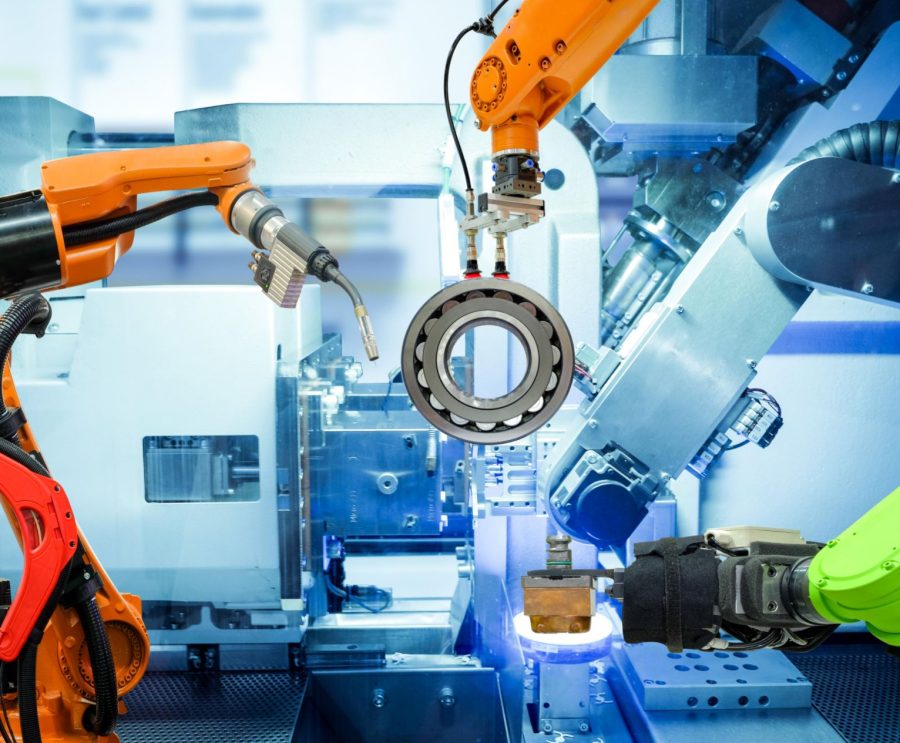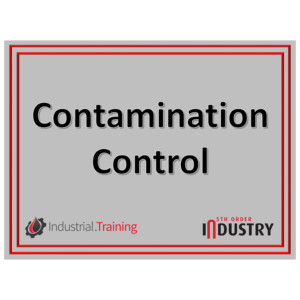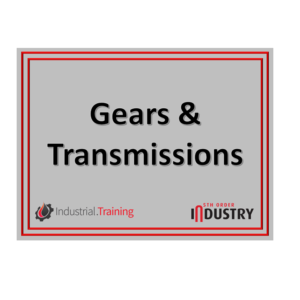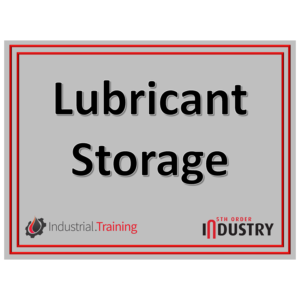Description
Workshop 1: Designing Experiments for Developing Lubrication ProductsFocus: Structured experimental design to accelerate lubricant innovation.
Takeaways:- Apply factorial and response-surface methods to formulation variables.
- Improve statistical confidence in R&D decisions.
- Link laboratory studies with field validation.
Workshop 2: Accuracy, Precision, and Error Sources in Oil AnalysisFocus: Strengthening data integrity for reliability-driven maintenance.
Takeaways:- Differentiate accuracy vs. precision with practical oil analysis examples.
- Recognize red flags in data and identify false positives/negatives.
- Implement checklists and diagnostic methods to reduce measurement error.
Workshop 3: Selling Lubricants and Lubrication-Related Services to the Power Generation IndustryFocus: Building value-driven relationships in a reliability-critical sector.
Takeaways:- Map decision makers and influencers in power generation plants.
- Align lubrication solutions with KPIs such as uptime and efficiency.
- Practice role-play exercises in selling oil analysis, varnish mitigation, and monitoring services.
Workshop 4: Improving Product and Service Quality for Lubricant ProvidersFocus: Raising quality performance in both products and support services.
Takeaways:- Strengthen blending, packaging, and laboratory quality controls.
- Audit service delivery touchpoints for reliability and consistency.
- Apply root cause analysis and continuous improvement methods.
Workshop 5: Improving Customer Service for Lubricant ProvidersFocus: Building stronger, longer-lasting customer relationships.
Takeaways:- Translate technical expertise into clear customer-facing value.
- Handle complaints with structured resolution processes.
- Implement service systems and KPIs for customer satisfaction.




